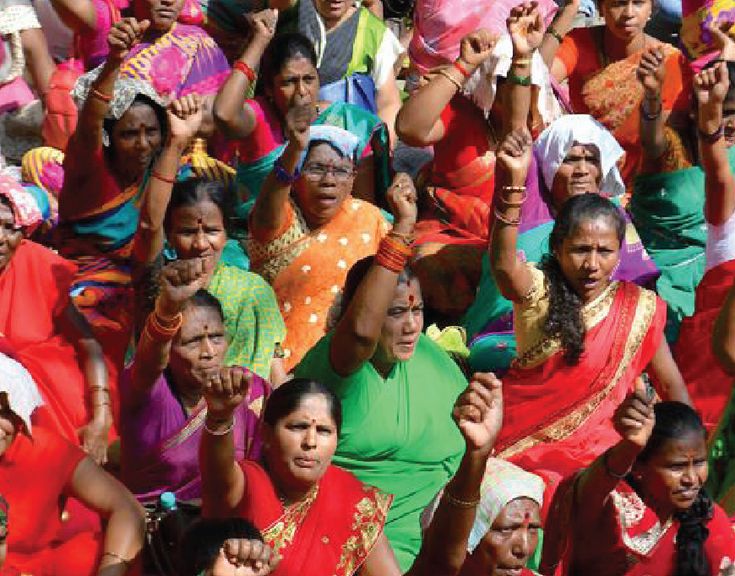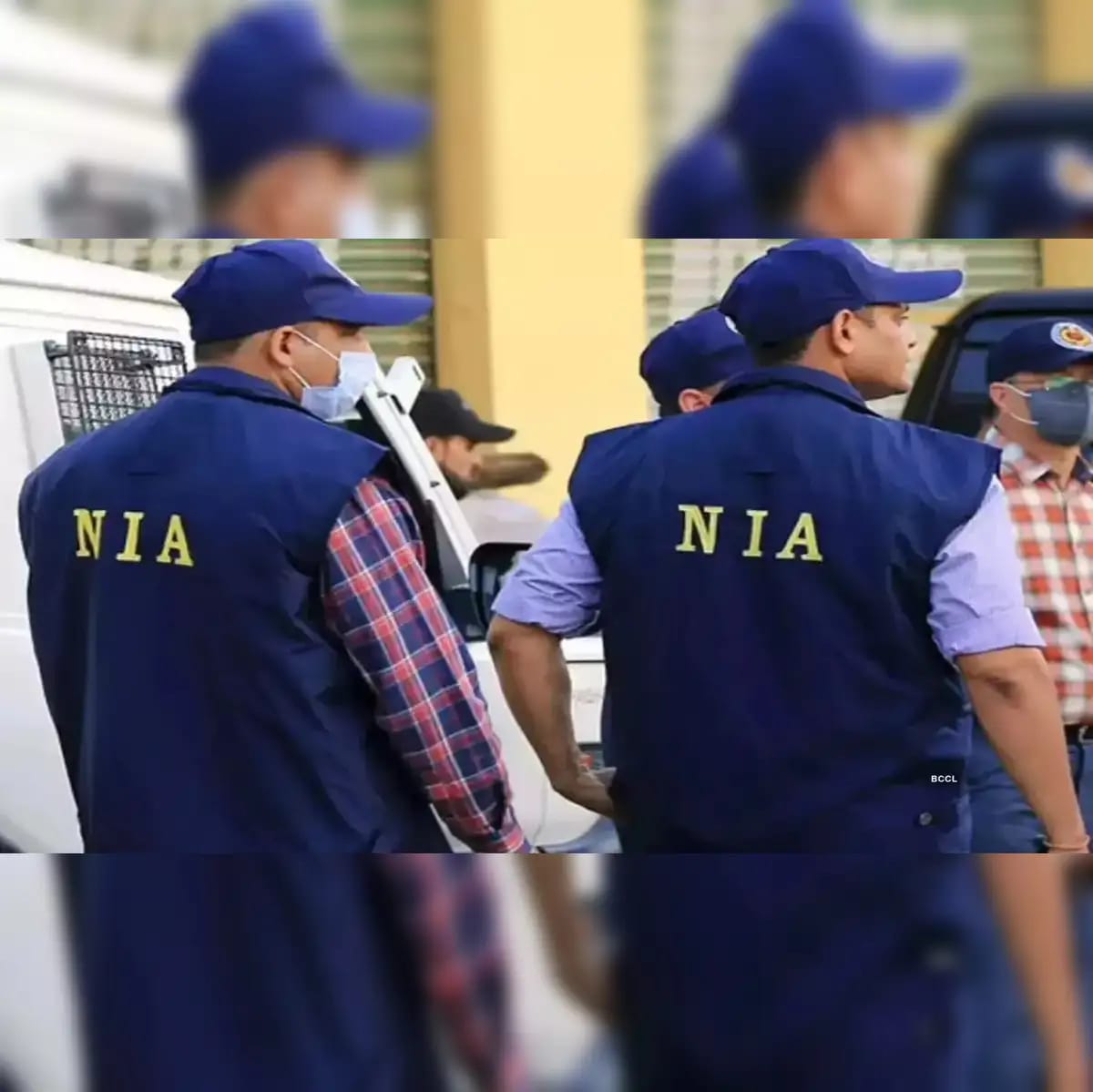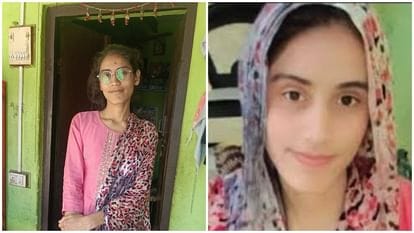Karz Mukti Abhiyan: Bihar& Women Demand Liberation from Debt By Tina Sarkar
15 August 2025
Women Share Stories of Struggle and Resistance at Patna Sammelan
On a humid day in Patna, a powerful gathering echoed with the voices of resistance. Women from across Bihar — trapped in the web of microfinance loans and exploitative interest rates — came together to demand a life of dignity and freedom from the burden of debt. Organized by the All India Progressive Women’s Association (AIPWA), the Karz Mukti Sammelan became a platform for hundreds of affected women to break their silence.
“Karz ke tale kehraati mahilayein”
One of the main banners at the event read, “Karz ke tale kehraati Bihar ki mahilayein” (Bihar’s women are drowning under the burden of debt). Another stated, “Corona ke baad karz bana jaanlewa — aatmahatyayein hui, parivaar tabah hue, par sarkar chup hai” (After COVID, loans became deadly — suicides happened, families were ruined, but the government stayed silent). These were not just slogans, but urgent calls to action. Women stood up one after another, sharing deeply personal accounts of financial struggle. One spoke about how she had to take a loan from one microfinance company just to repay another. Another woman explained how recovery agents would harass them late into the night: “Raat ko 12 baje tak baithe rehte hain... kehte hain ghar bech do, dwaar bech do, jhumka bech do, lekin paisa do. Gareeb aadmi kya kare?” (They stay outside our homes till midnight, saying — sell your home, your doorway, your earrings — just give us money. But what can a poor person do?)
The Demands: Policy, Regulation, and Alternatives
AIPWA and the participating women collectively put forth three clear demands to the government:
1. A policy-level solution for women's debt relief
2. Immediate regulation of microfinance companies and moneylenders
3. Development of a strong, accountable alternative financial system
These demands were not just economic in nature — they were rooted in a broader fight for dignity, autonomy, and justice.
The Trap of Microfinance
What began as a promise of empowerment through small loans has turned into a nightmare for many women. Microfinance institutions, once hailed as tools for development, have increasingly operated without sufficient regulation, charging high interest rates and deploying aggressive recovery tactics. With COVID-19 worsening financial vulnerabilities, many families slipped deeper into debt — with no way out.
“Hum ek se leke doosre ko chukate hain, teesre se leke chauthe ko chukate hain,” one woman said. (We borrow from one to repay the other, and from a third to repay the fourth.) The vicious cycle has left countless women emotionally exhausted and financially ruined.
Beyond Statistics — A Movement for Change
This sammelan was more than just a protest. It was a reminder that behind every loan default statistic is a woman who has sold her jewelry, skipped meals, or endured public humiliation to keep her family afloat.
AIPWA’s role in organizing such spaces is crucial. It allows women — often unheard in mainstream discourse — to come together, share their truths, and demand structural change. The gathering in Patna may be one event, but the movement it represents is growing louder with each passing day.
As one placard boldly declared: “Mahajani shoshan aur soodkhori — ab aur nahi sahenge!”
(We will no longer tolerate the exploitation by moneylenders and loan sharks.)


